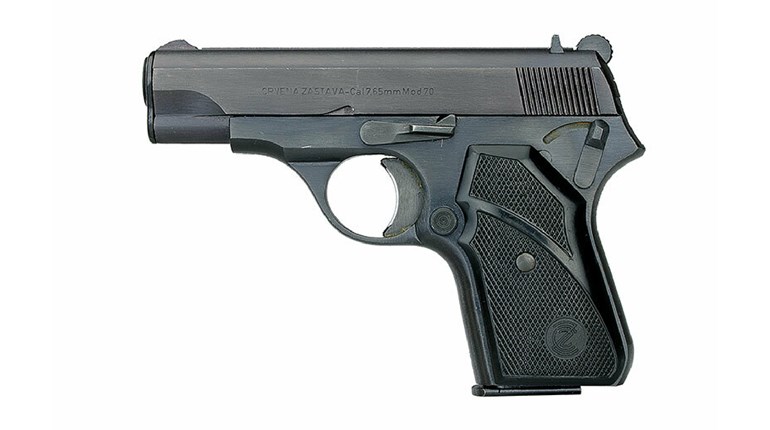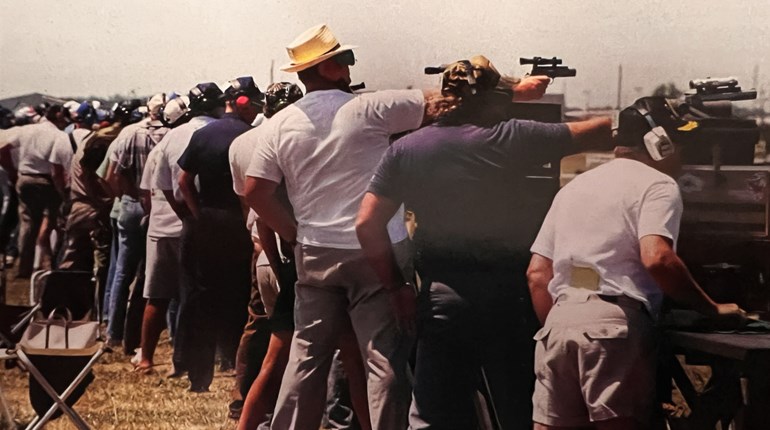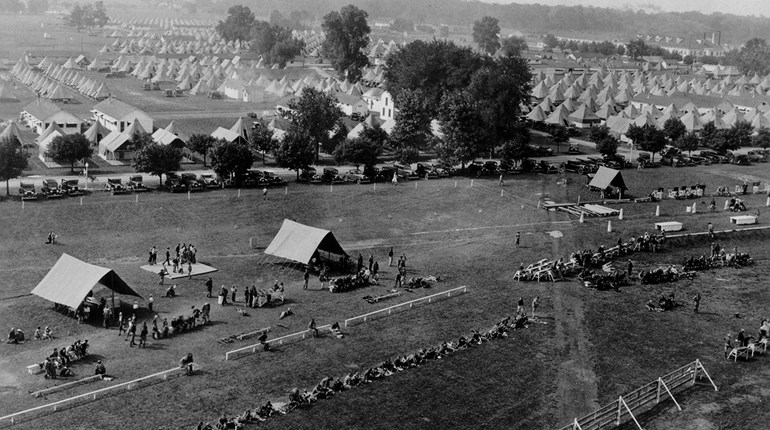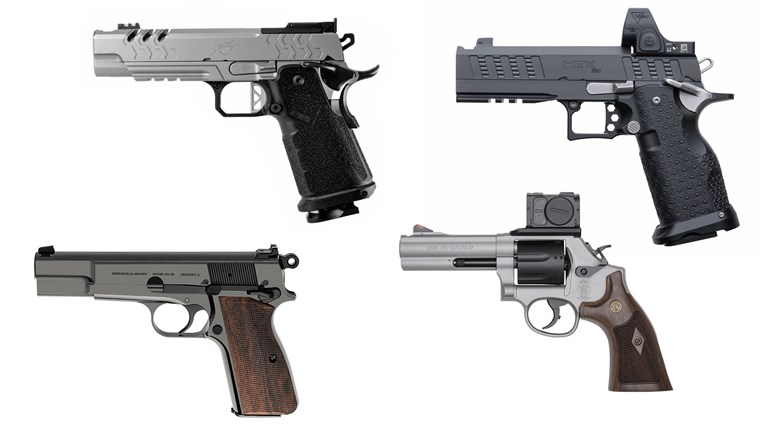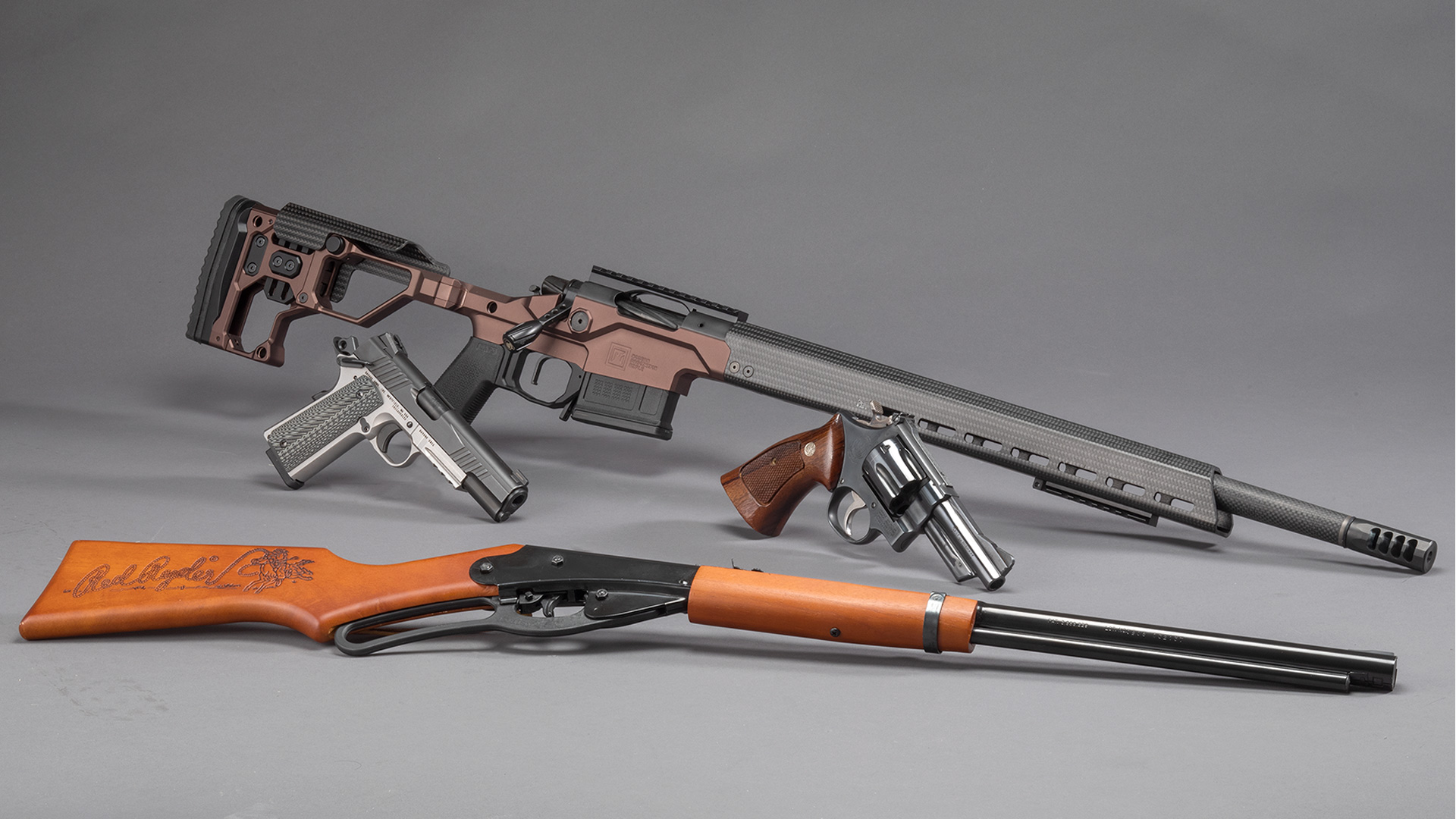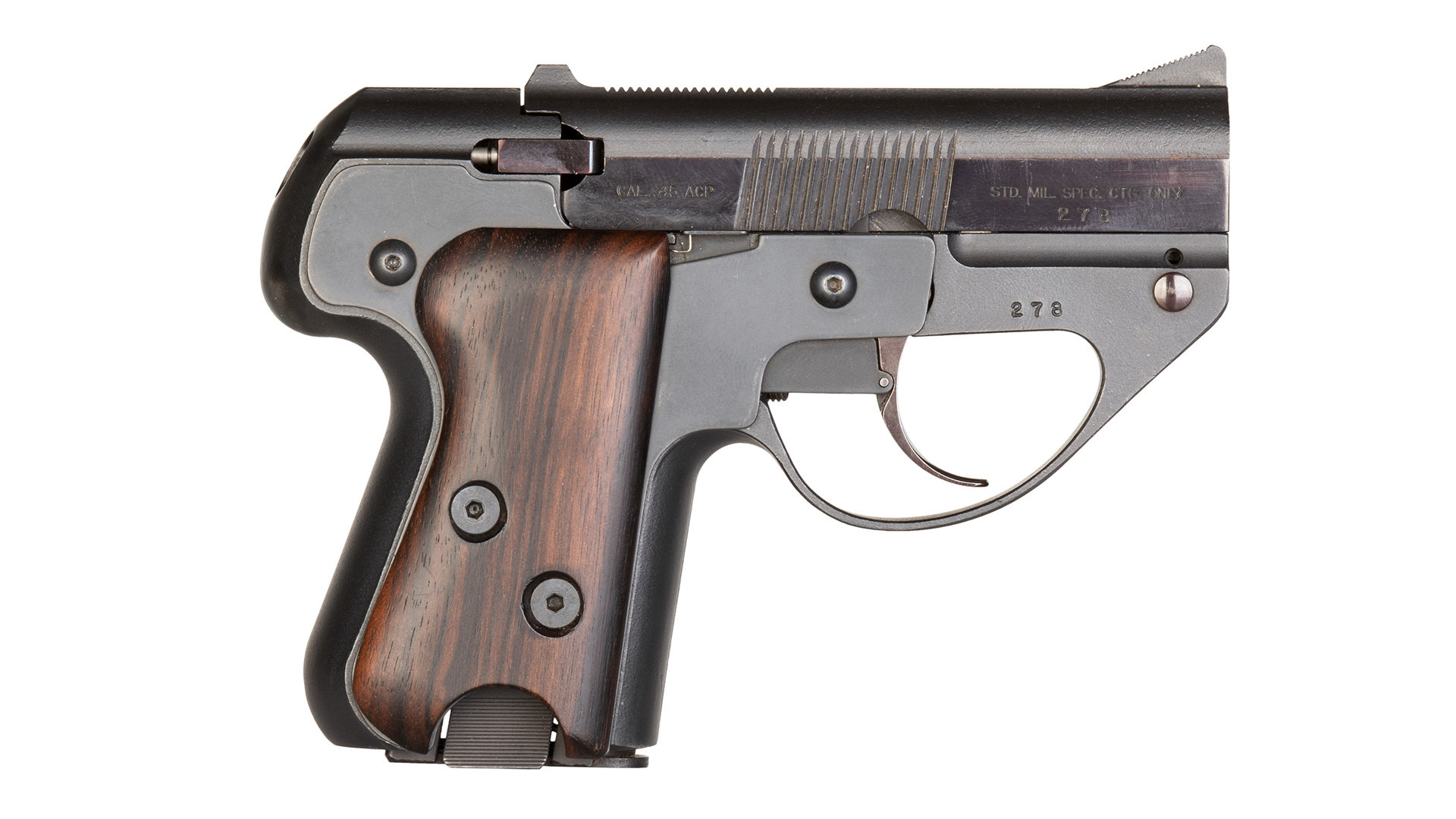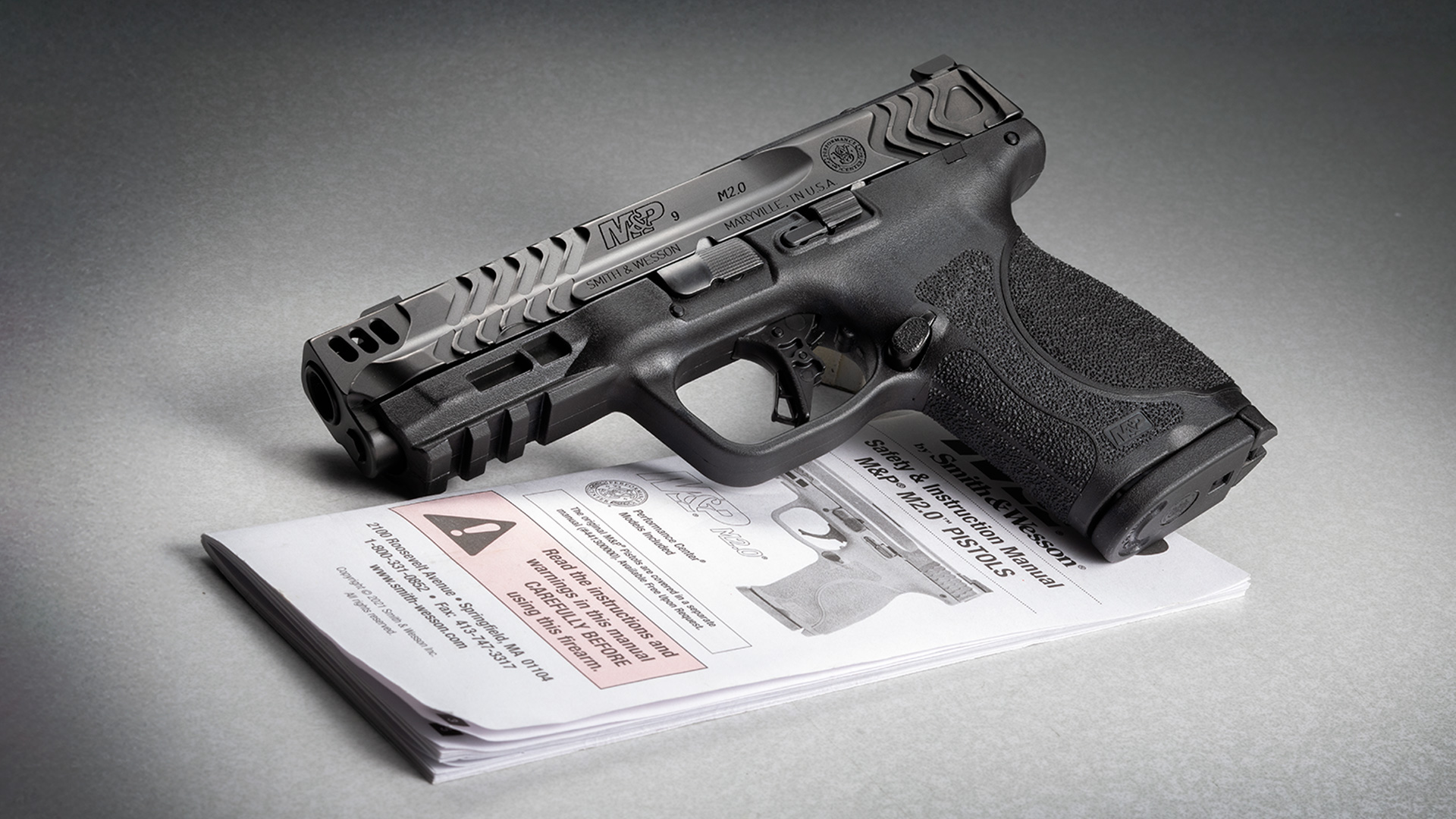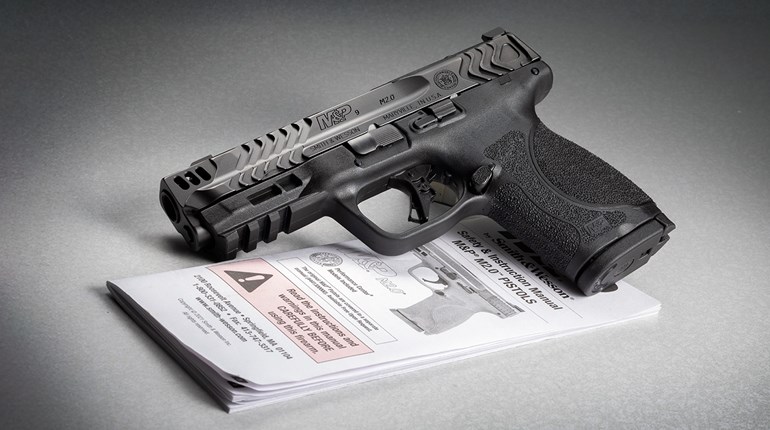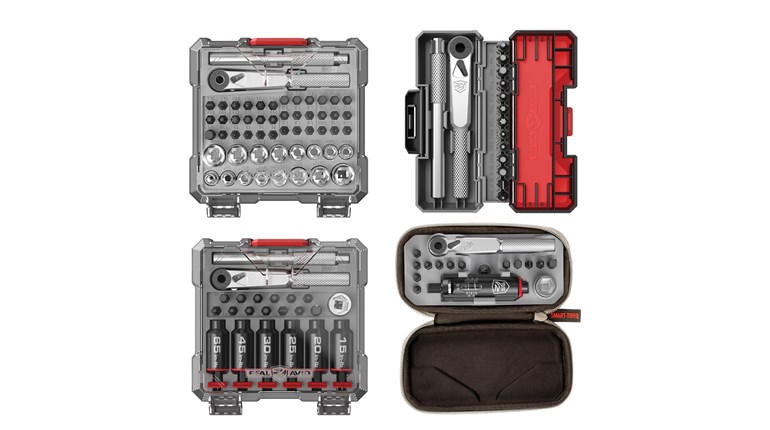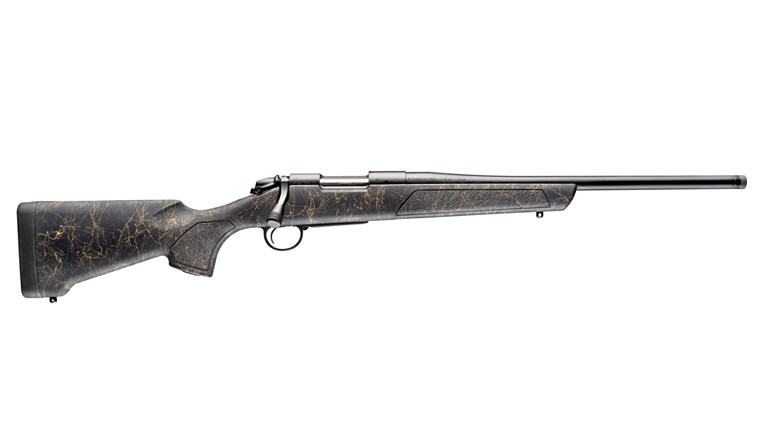
The first transports arrived over the drop zones at 9:53 a.m. as the vanguard of the largest airborne operation of the war. It was Saturday, March 24, 1945, and the First Allied Airborne Army was about to cross the Rhine River with more than 16,000 men, 9,300 of which were Americans from the 17th Airborne Division. Although these men had experienced combat before during the Battle of the Bulge, this operation—named Varsity—was their first combat jump.
Their mission supported an amphibious attack across the Rhine that had started the night before and carried the objective of securing drop zones and landing zones just north of the city of Wesel. The amphibious and air components would, together, create a bridgehead on the east bank of the river that would support the further overland drive deeper into the heart of Germany.

As the sky above Wesel began to fill with hundreds of C-46s, C-47s and gliders, enemy anti-aircraft positions on the ground opened fire. Varsity was a daytime operation and because of that, the German AA batteries were quite effective—particularly a group of 20 mm guns situated between the river’s east bank and the Diersfordt Forest. The sky soldiers of the 466th Parachute Field Artillery Battalion began jumping directly over those guns at 10:25 a.m., and there was a high-ranking officer with them.
BG Ridgely Gaither was commissioned as a 2LT in 1924 and steadily moved up through the ranks from there. Before Pearl Harbor, he was involved in the organization and training of the U.S. Army’s airborne forces, and for that reason he was ultimately assigned as the commandant of the Parachute School at Fort Benning in July 1943. He pinned on his first star six months later and then received orders assigning him to the headquarters of the 17th Airborne Division in the European theater of operations.
That is how he came to be in the air under an open parachute canopy that Saturday morning near Wesel. While the men around him were armed with M1 rifles and carbines, Thompsons and Grease guns, BG Gaither was armed only with two handguns—both of which were designed by John M. Browning. One of them was a government-issue M1911A1 in .45 ACP.
The other was arguably the most-obscure American military firearm of the Second World War: the Colt Model 1908 General Officer’s pistol in .380 ACP. On the drop zone, Gaither and the men of the 466th Parachute Field Artillery had to postpone moving on their assigned objective to deal with those 20 mm guns, and that required everyone to do a little infantry fighting—even the General himself. Before it was all over, Gaither put rounds downrange from both his .45 ACP and his .380 ACP.

The Model 1908 evolved from the Colt Model 1903 Pocket Hammerless in .32 ACP, with the only differences between the two being caliber and magazine size/capacity (eight rounds for the .32 ACP and seven for the .380 ACP). It is a blowback-operated, single-action semi-automatic that, despite the name, is not actually “hammerless” at all, but rather a pistol utilizing an internal hammer.
The military also recognized the benefits of the small-statured semi- automatic pistol with smooth lines and, therefore, adopted it for issue as a sidearm to General Officers. Patton, Bradley, Eisenhower and Marshall all carried examples, just as Gaither did during Operation Varsity with S/N 135827. He carried it again as a Division Commander in Korea in 1953.
Gaither retired in 1962 as a LTG after 38 years of service, and eventually, Colt M1908 Hammerless S/N 135827 became a part of the collection at the National Firearms Museum, where it remains currently on display. While it is a reminder of the distinguished career of an exceptional soldier, it is also a rare artifact, indeed, because it fired shots in anger during the final large-scale airborne operation of the Second World War.












